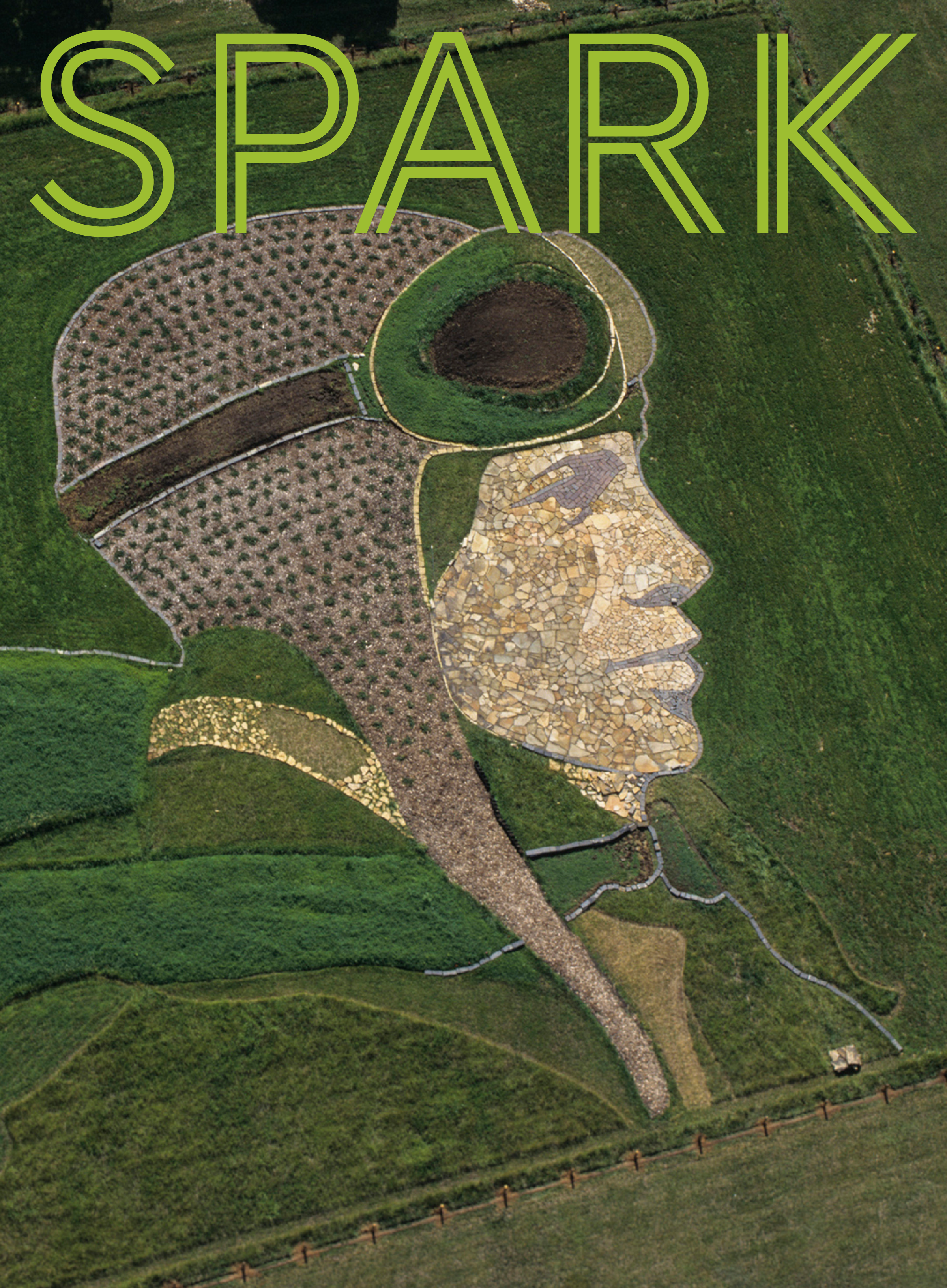The science of memory

Can you remember the first time you went camping? What do you remember about it? Was it the color of the tent, the crackling sound of the campfire, the scent of pine trees? Together, all of these observations create a memory.
Memory, simply put, is the process of storing and retrieving information. Humans perceive the world around them through senses – sight, smell, touch, taste, sound – and translate those perceptions through a process called “encoding” to create memories. When perceptions are encoded, nerve cells in the brain connect with other cells. At that point of connection, a synapse creates electrical pulses that relay messages to other brain cells. Chemical substances called neurotransmitters are released during this process, creating links between brain cells.
Memories are stored in the region of the brain known as the hippocampus. Scientists study the hippocampus to learn more about how memories are formed and how we could potentially lose them. For example, individuals who develop Alzheimer’s disease often experience shrinkage in this specific part of the brain.
Think you perfectly remember every detail from a specific moment? Think again. Some scientific studies suggest that humans are nearly incapable of recalling a memory without altering the details of it in some way. This is especially true for the really important memories that we recall over and over again.
A whiff of nostalgia
Of all the senses, there’s something about our sense of smell that can bring back memories in a vivid way. Unlike visual, auditory and tactile (touch) perceptions, smells are first processed by something called the olfactory bulb. This bulb is directly connected to the hippocampus, explaining why scent is sometimes more likely to trigger a strong connection to a specific memory.
Productivity tips
Keep your brain healthy and your mind on task with these tips.
» Get outside: A walk in nature can help inspire your next idea.
» Time constraints: Whether it’s email, texts or Words With Friends, constant communication and notifications can be a big distraction. Set a timer and don’t check your inbox or phone for 2 hours while working on a project.
» Naps & meditation: To help keep your brain at its best, make sure you give it plenty of rest time.
» Wake up with goals: Write tomorrow’s to-do list tonight.
» Prioritize: Sort your tasks by “Must,” “Should” and “Want.”
 Recommended reading: Oliver Sacks
Recommended reading: Oliver Sacks
Curious about the brain, but not quite ready to be a neurosurgeon? Hailed by the New York Times as the “poet laureate of contemporary medicine,” the late neurologist Oliver Sacks documented numerous neurological disorders in fascinating and easy-to-understand essays. The following titles are available in print and as ebooks through Anythink:
Dreamtime
“As I look back in Dreamtime and see Australia, it is a land of dreaming where the law comes from the mountain.” – Guboo Ted Thomas, Yuin Aboriginal elder, 1986
Many of us look at the world in terms of a past, present and future. But for many in the native Aboriginal cultures of Australia, there exists another lens: Dreamtime.
Dreamtime is a framework and a way of connecting to Aboriginal spirituality and mythos. The Dreaming – Tjukurrpa – means to “see and understand the law,” as translated from the Arrernte language.
Dreamtime is pervasive, and therefore different from what we might think of as a linear past/present/future perspective of the world. Dreamtime is used as a means of storytelling and communication that help maintain the culture and creation stories of Aboriginal peoples. Anthropologist W.E.H. Stanner described the concept as a “time out of time” and an “everywhen” inhabited by ancestral figures.
Sources: Smithsonian.com, SimplyPsychology.org, Psychology Today, Scientific American, Inc.com, “Modern Social Imaginaries” by Charles Taylor (Duke University Press, 2003); Australia.gov; Antero Alli (paratheatrical.com)
Send your questions or feedback to ithink@anythinklibraries.org or post in the comments below.

